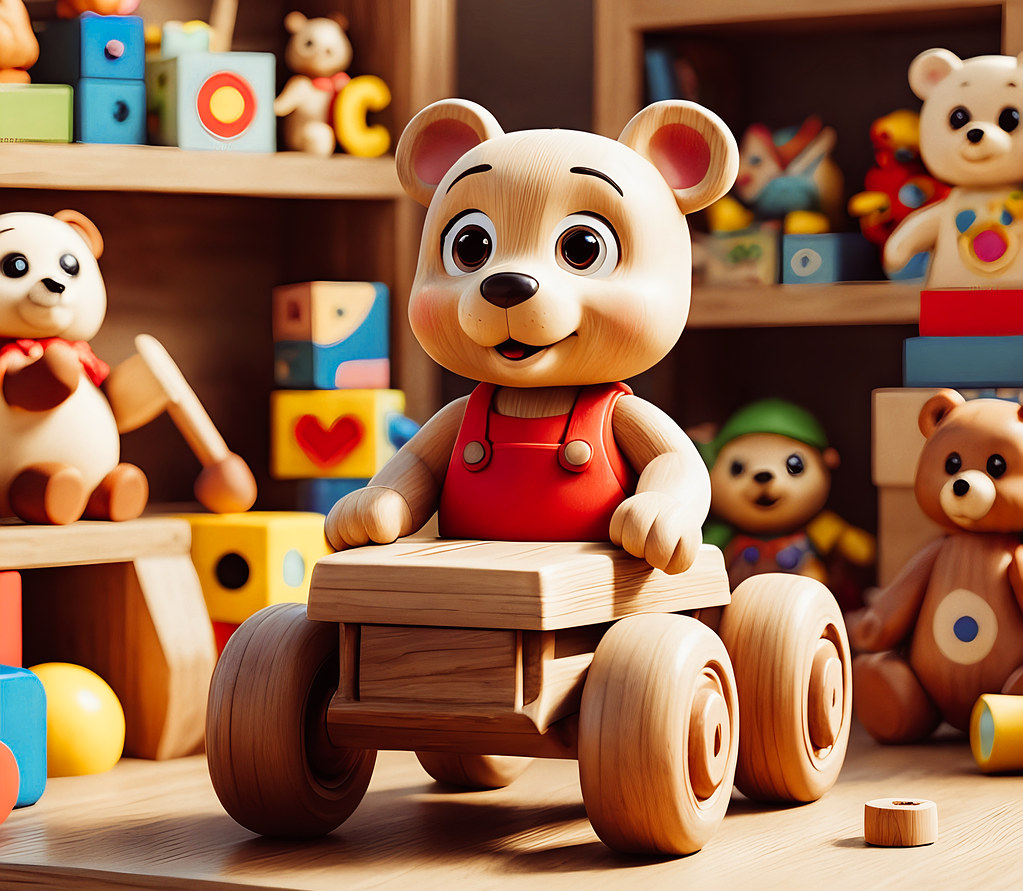Be sensitive to the needs of children
Be sensitive to the needs of children. Toys can be useful if there are enough to go around. Providing a safe place to play can immediately help to reduce levels of distress and feel reassuring.

Placing children and young people alongside distressed adults can cause additional distress and means responders need to stay calm and feel equipped about what to say and do.
It is imperative that children are reassured that everything possible is being done to locate their loved ones.
When separated from their parents or carers who are responsible for their safety and security they need to be reunited as soon as possible and provided with care and support in the interim.
Asking the child for their name, address, names of other family members, school and passing these details onto those who need to know is also a priority. As is providing them with simple information about what will happen next.
Ensuring a child friendly protected space is helpful. Responders may have to care for children for longer periods after the adults are located if they are distressed or in need of support themselves.
Children and young people grieve in different ways. They may feel guilty for having survived the disaster and blame themselves for what happened.
Families need to reassure them that they bear no responsibility for what happened. They may need repeated reassurances to this effect. Families may also need support to help them sensitively respond to children. This can be done by acknowledging their feelings and allowing them to express these.
Children need to be given the choice as to whether or not they attend the funeral of their loved one. Understandably this will be difficult but can help the child with experiencing the reality of their loss. At the same time they should not be pressured to do so.
Having this conversation avoids the child feeling separated and different to others in their family. Explain simply to the child what will happen during the funeral ceremony.
Provide them with a supportive person who can tend to their needs. Take them to the venue before others so they can familiarise themselves with the environment. Also help them leave early if they want to. For children who don’t want to take part in this, ensure they stay with someone they know and trust. Additionally suggest that they mark the person’s death in another way at a later time.
When someone has died in traumatic circumstances
When someone dies in traumatic circumstances this can complicate their grief response so that they may become preoccupied with the events. They may also struggle with what to tell others about what happened, particularly if they were with them at the time of their death.
The bereaved can experience intrusive thoughts and images that get in the way of positive memories of the deceased. They may retreat from others and avoid anything that may remind them of what happened.
Children may show this type of distress through play reflecting repeated themes. Making the person aware of the additional sources of professional support available that can be useful. For example, helping them to talk through what they want to share with others about what happened.
Some things to think about
- For those of you with responsibility of caring for children and young people, how do you feel about the suggestions made?
- Is there anything you would like to add?
- Please tell us by completing the evaluation at the end of this course.